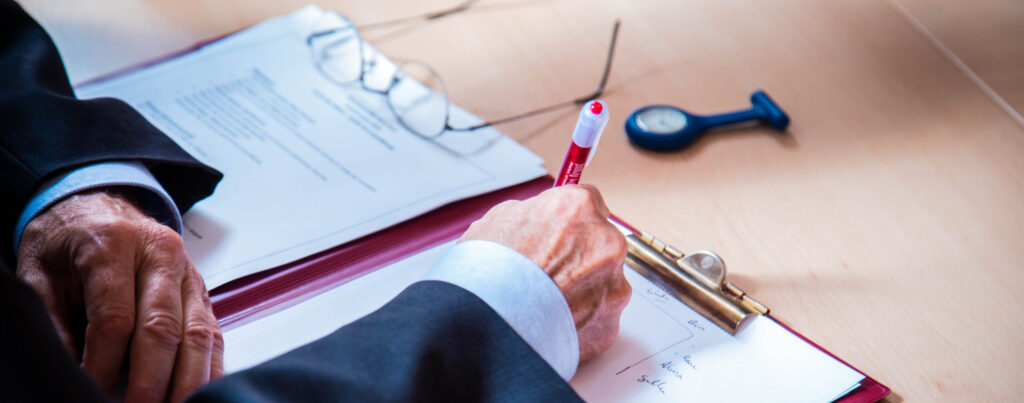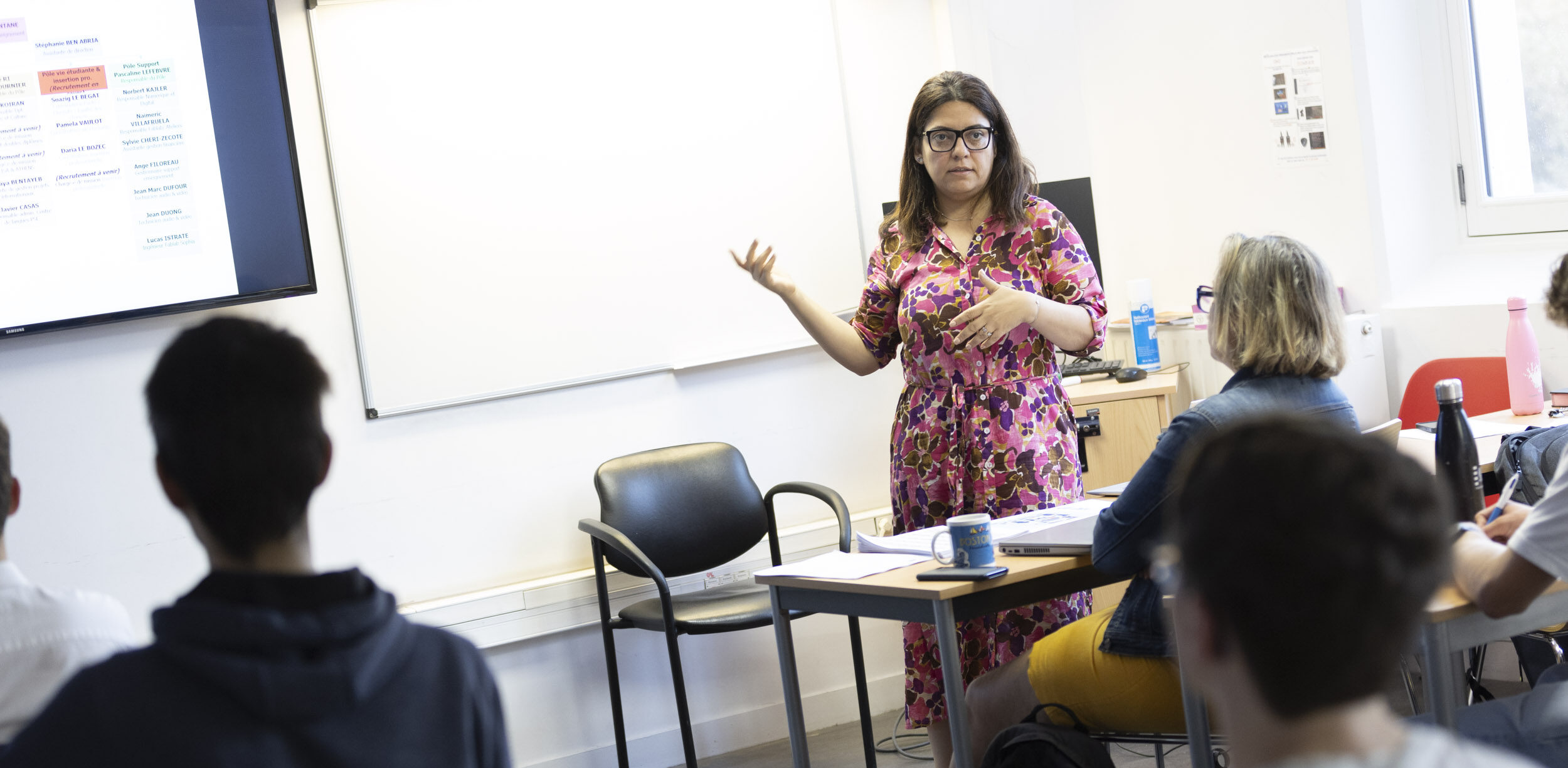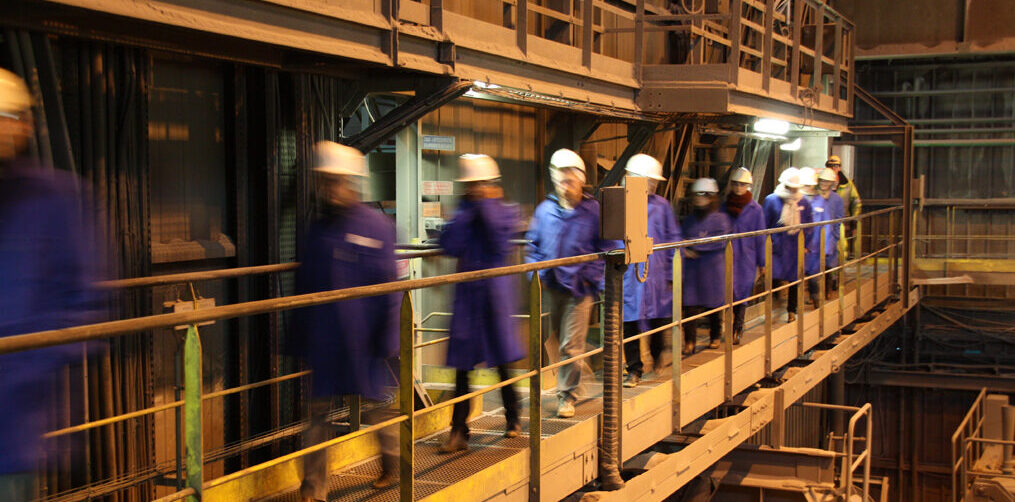The IS cycle: admissions (FC)
The energy engineering programme is aimed at senior technicians with an undergraduate degree (B.T.S., D.U.T. or equivalent) in scientific and technical specialities, and at least 3 years’ professional experience.
The course is also open to people wishing to validate their professional experience.

A three-pronged approach
Individual
- Preparation of administrative file
- Self-assessment using a self-test: document containing questions and answers on basic knowledge of energy, mathematics, electricity, and synthesis skills. This test allows candidates to assess their own level in relation to the entrance exam and to refresh their knowledge.
- Preparation for the entrance exam
Selection by the company
Entry into the program requires a commitment from the company to participate in the training:
- producing an application file that includes a summary of professional experience and specifies the professional project within the company.
- appointing a company mentor who will support the trainee in the admission process.
Selection by the jury
A level exam is taken in the following subjects: Energy, Mathematics, Electricity, and Written Synthesis.
Two rapporteurs—the tutor appointed by the company and an ISUPFERE professor—conduct an interview with the candidate based on their professional experience. The interview also focuses on the candidate’s willingness and ability to complete the training program: available time, family and personal circumstances, etc.
Based on the results of the interview and level assessments, the two rapporteurs issue a favorable or unfavorable opinion on admission to the preparatory cycle for knowledge harmonization.
Tests at the end of this cycle confirm the level, which then allows the jury to decide on admission to the engineering cycle.
Training cost
The cost of the harmonization cycle is €4,560 for a minimum of 240 hours.
The cost of the complete engineering cycle is €22,800 for 1,200 hours.
This rate has been in effect since September 1, 2025, and is not subject to VAT.
Training costs
Current employees
Training costs are generally covered by companies as part of their skills development plan.
The diploma is registered with the RNCP under number RNCP No. 39 165. The training is therefore eligible for the Personal Training Account (CPF: 327 748), which allows for joint investment by the company and the employee.
Employees (on fixed-term or permanent contracts) who wish to change jobs or professions.
The professional transition project (PTP) allows any employee, during their professional life, to undertake, on their own initiative and on an individual basis, a long training course with a view to changing jobs or professions.
Calendar
Admission to the harmonization cycle
Admission for the 2026 session will take place during two selection sessions in July and December 2025. Candidates may attend either session, depending on their training plans and their level of preparation for the placement tests.
July 2025 session
- Application deadline: before June 2, 2025
- Placement test: Saturday, June 21, 2025
- Interview: before July 4, 2025
- Admissions panel: Thursday, July 10, 2025
December 2025 session
- Application deadline: before November 3, 2025
- Placement test: Saturday, November 22, 2025
- Interview: before December 5, 2025
- Admissions committee: Thursday, December 12, 2025
Admission to the engineering program
Admission to the engineering program is decided by a panel at the end of the harmonization cycle.
Request for information



